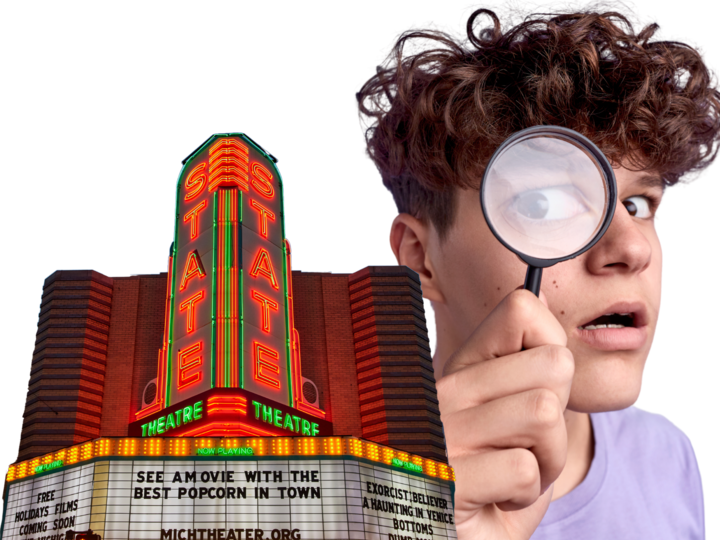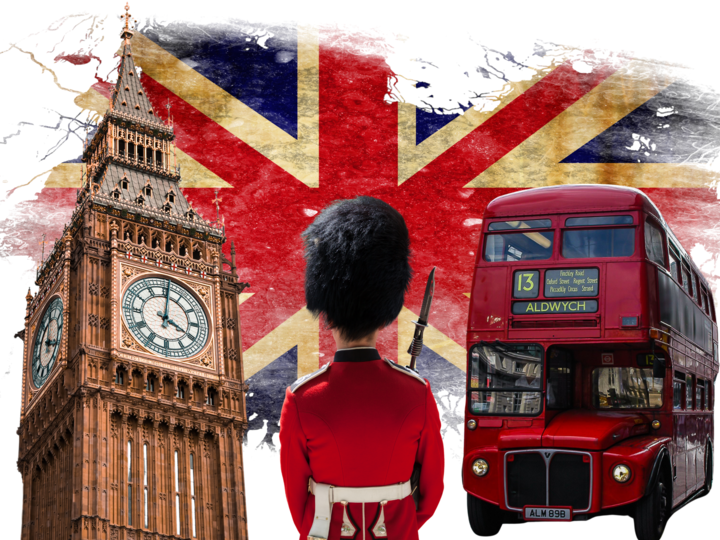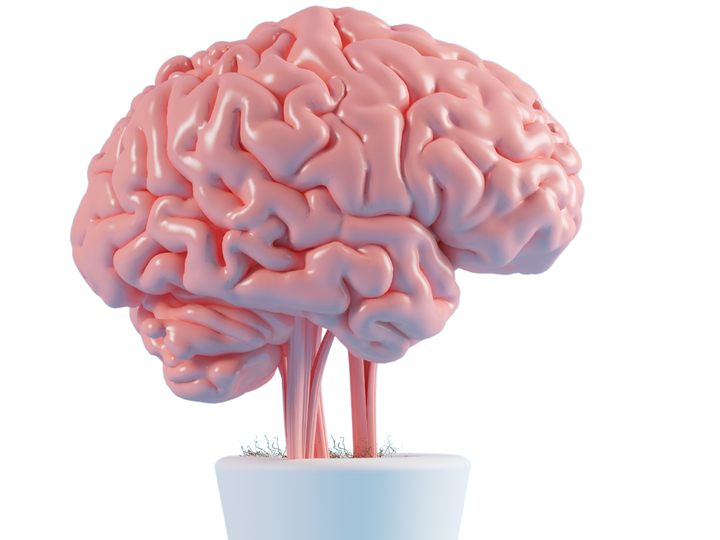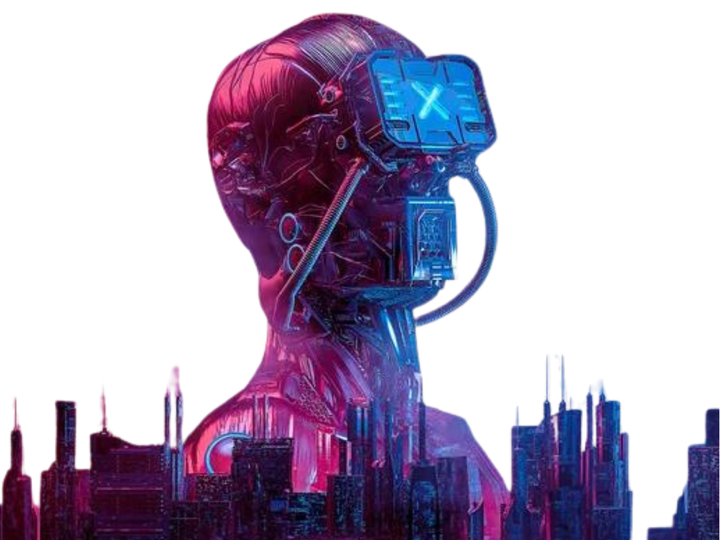Content
The following 298H seminars are 3 credit hour classes. They are open to all University Honors Program students. Enrollment in these courses will generally follow regular University enrollment procedures and occur on a first-come, first-served basis in accordance with your assigned priority registration times, unless otherwise noted.
Each course may meet additional degree requirements, such as ACE or college required hours. Specifics are noted with each course. If you think a course may be eligible to count towards hours in your major, please check with your major advisor about this possibility.
If this is your final semester and you have an unmet 298H or ACE need AND you have difficulties getting into a course section that meets those needs, contact Dr. Tamy Burnett ASAP.
Previous semesters' courses
January Pre-Session 2025
UHON 298H (Theatre)
Story to Stage: The Practice of Documentary Theatre
Prof. Scott McDermott
MTWRF 9:00-11:00am | Meets on Zoom
ACE 7
This class will explore the power of theatrical production to tell real stories. through the practices of documentary theatre. We will apply what we learn to content we source ourselves – curiosities, intrigues, challenges, and atrocities – experiences of the world we want to shine a light on. Our focus will be on exploring theatrical tools to tackle “wicked problems” through the collaborative setting of a theatre ensemble and the creative problem solving of the theatrical rehearsal room. The medium of a play allows playwrights, directors, actors, and audiences to grapple with enduring questions and challenges. So, our aim will first be to look at others who have used this process to look at an enduring question and then steal from their experiences to create our own play(s) abd then to project pitch of your own.

Spring 2025
UHON 298H (Humanities in Medicine)
Plagues, People, and Public Health
Prof. Angela Bolen
MWF 10:30-11:20am │ Knoll
ACE 5 | CAS CDR Humanities
We will explore the history, progression, impacts, and significance of public health activities from the Black Death to the worldwide AIDS/HIV crisis in the 1980s and 1990s. We will consider the role of public health organizations, understand the impact of major pandemics around the world from the 14th-20th centuries, explore the social, political, economic, and religious influences on and caused by major public health crises, and explore the nature of illness, wellness, healing, and public health within the contexts of race, gender, age, ethnicity, socioeconomic status, and physical ability.

UHON 298H (Nutrition)
Food as an Issue of Justice
Prof. Georgia Jones
TR 9:30-10:45am │ Knoll
ACE 9
This course is designed to explore the American food system through a diversity lens, focusing specifically on the ethics of production (growing, manufacturing) and distribution systems in the US. We will examine issues of fairness in the food and agricultural industries, food deserts, loss of independent and family-owned grocery stores, and USDA Farm Bill. We will consider the structure of the American food system, who grows the food, who harvests it, and who manufactures it. We will explore questions like: How does the American food system affect those that exists in the margins of society? Why are food deserts mostly in black and brown communities? What is the role of the government in ensuring that all its citizens have access to safe, affordable, culturally appropriate, and nutritious foods?

UHON 298H (Interdisciplinary)
Honors in London
Profs. Tyler White & Sawyer Smith
TR 2:00-3:15pm │ Knoll
ACE 9
This is a semester-long exploration of the city of London that includes a week-long trip to London during Spring Break. We will explore the city's rich history through culture, literature, royal history, and military history. Our exploration cover several centuries and allow students opportunity to explore questions that most interest them about this vibrant urban center. To enroll in this class, students must first apply to this Education Abroad program through UNL's Global Experiences website.

UHON 298H (Interdisciplinary)
Eureka! Intellectual Creativity in Action
Prof. Christine Haney Douglass
TR 11:00-12:15pm │ Knoll
ACE 2
This course is an interdisciplinary seminar in which you will hear from a variety of professors from different fields. They will tell you their stories including any "eureka" moments of enlightenment, how they chose the career paths that they did, discussion of any challenges they had to face, mention of any controversies they encountered and discussion of some of their most rewarding moments along the way. The course will utilize multiple learning strategies that may include but are not limited to group cooperative learning strategies, group discussions, complex situational simulations, open-ended questioning, advanced readings and other multi-media resources.

UHON 298H (Political Science/Interdisciplinary)
How to Be an Information Warrior: Critical and Creative Thinking for National Security
Prof. Tyler White
TR 12:30-1:45pm │ Knoll
ACE 6 | CAS CDR Social Sciences
In this course we will learn valuable skills for making sense of the complex and contradictory world in which we live. Being able to analyze problems, generate solutions, and persuade decision makers are key skills for professional success -- and they are necessary skills for ensuring the future security of our country. In this class, we will use case studies and a long-term simulation to learn how to ask the right questions, creatively generate possible solutions to problems, reach evidence-informed and data-driven conclusions, craft technical arguments, and successfully persuade decision-makers.

UHON 298H (English/Film)
The Laboratory of the Possible: Science Fiction, Film Adaptations, and Solutions for the Future
Prof. Michael Page
MWF 2:30-3:20pm │ Knoll
ACE 7 | CAS CDR Humanities
Science Fiction is like a "laboratory" where writers "experiment" with possible futures so that we can find solutions. In this seminar, we will read a number of significant and popular science fiction works that have been adapted for film or television, exploring key ideas presented in the texts and the storytelling approaches. Then, we will watch and analyze visual adaptations of these SF works and consider the successes and failures of these adaptations. How do these stories encourage readers and viewers to engage with possible future? How they get us to think about issues facing us in the present? How they suggest solutions for the future?
